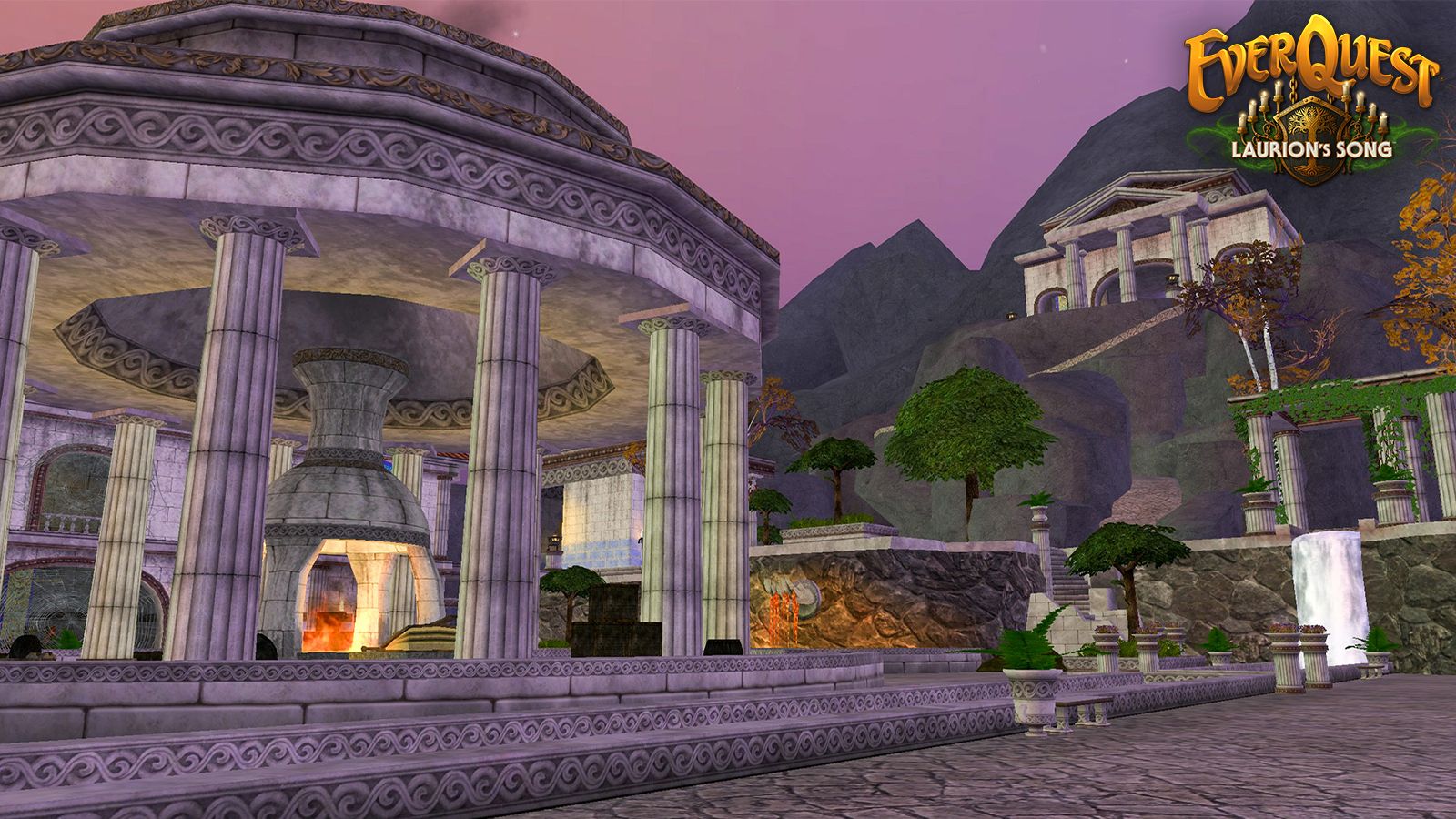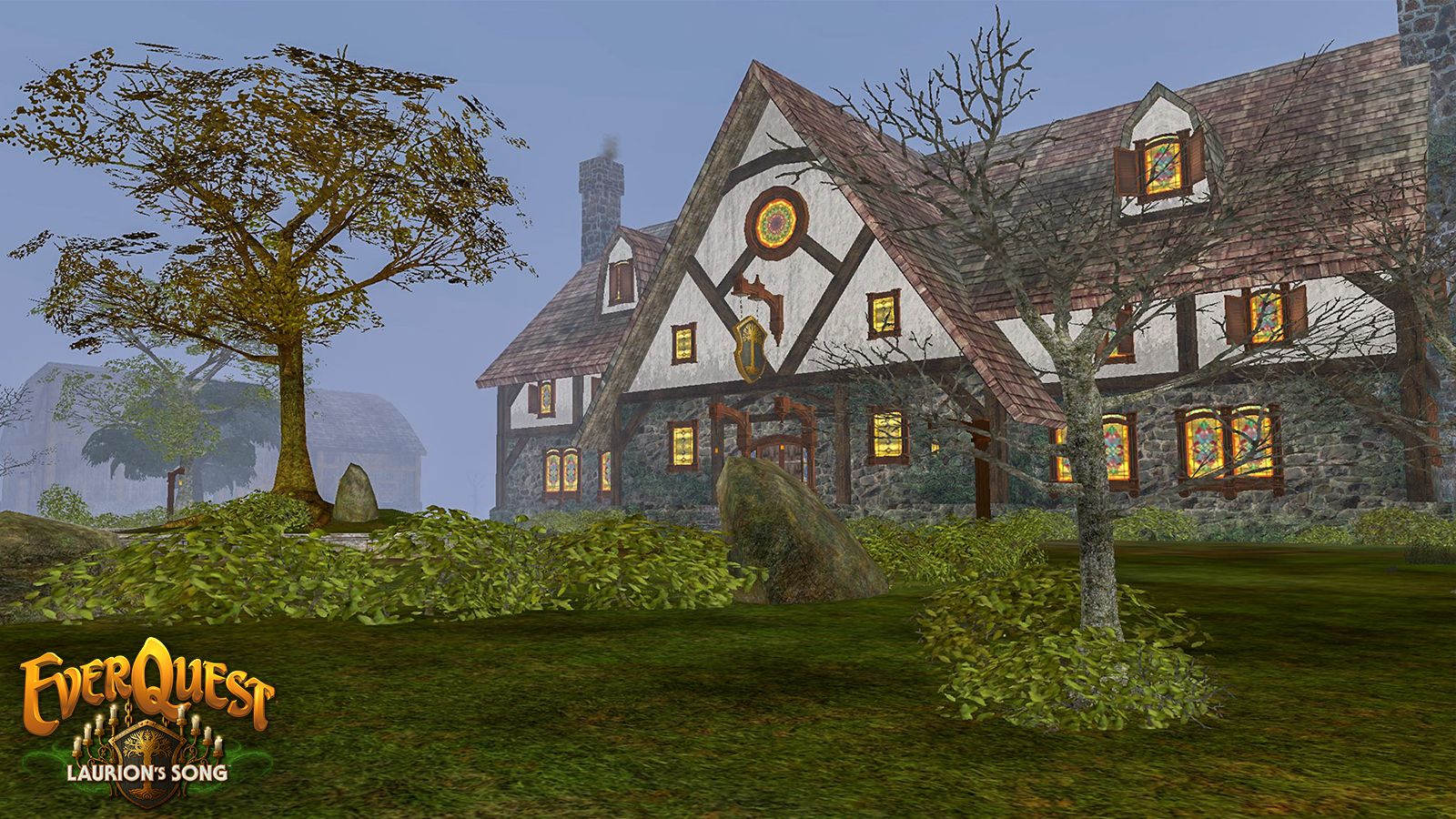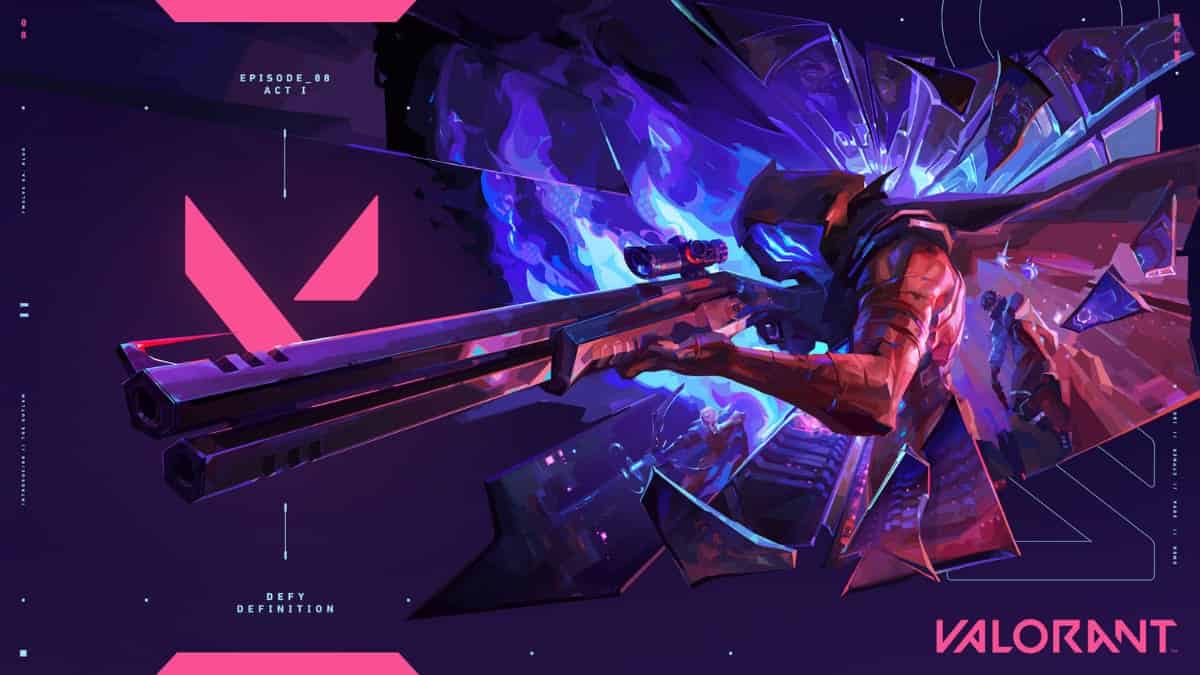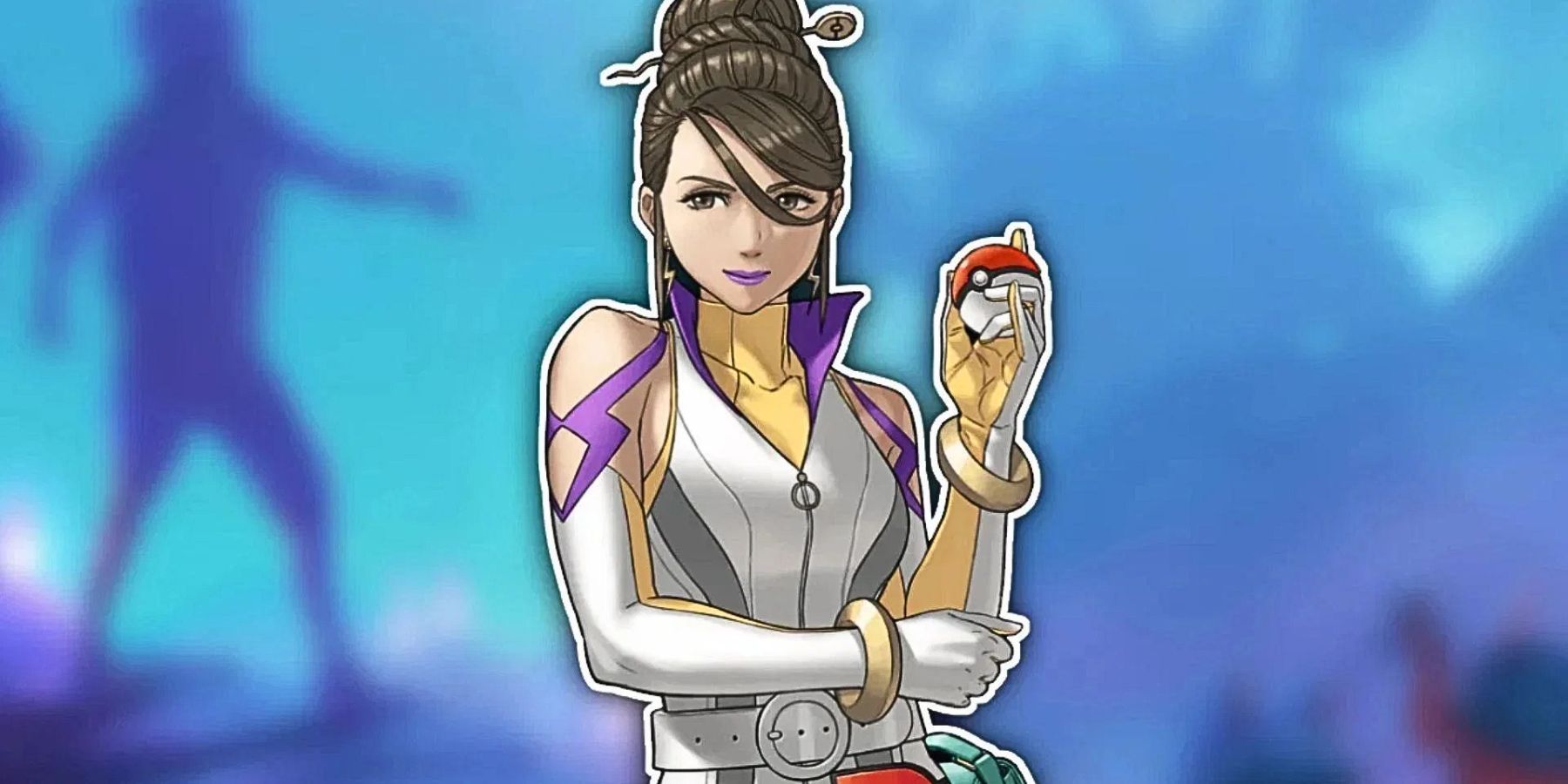The pioneering classic MMORPG Everquest has just released its 30th expansion since its debut in 1999, showing that even nearly 25 years later the game’s developers still have stories to tell and content to deliver. This latest expansion, Laurion’s Song, is focused on the occasionally-referenced but little-explored Realm of Heroes, a sort of Valhalla for Norrath’s great heroes once their adventuring days come to an end. The expansion has also introduced an Alternate Persona system that lets players swap to other classes on the same character while retaining their gear, achievements, and other progression.
In an exclusive interview with Game Rant, Everquest Design Manager Adam Bell, Executive Producer Jennifer Chan, and Lead Artist Kevin Lydy spoke about their approach to developing new content for Everquest decades into the game’s run. They spoke about how they listen to player feedback regarding balance and game mechanics, as well as how they strive to maintain Everquest‘s distinct level of challenge and complexity that has long appealed to fans of this era of MMORPGs.
Everquest 2 Devs Talk Making a Good MMORPG Expansion
Game Rant chats with veteran Everquest 2 developers about their approach to creating MMORPG expansions and the goals they set for each release.
Everquest Wants To Stay True To Its Identity
When asked about how they approach Everquest‘s development while keeping in mind modern MMORPG design conventions, Bell made the point that Everquest players love the game particularly because it’s not simplified or made easy in the way that contemporary titles have become over the years. Everquest is an older game, but it is not a simple game. There are many complex systems and mechanics for players to uncover, and it’s satisfying to learn how it all works and put that knowledge into practice.
That’s where we try to cherry pick ideas from the newer stuff. As you said, we’re keeping an eye on our core user group. Our core user group likes Everquest. They like that it’s harder and that it’s not terribly easy like WoW, and that you’ve got to know a lot and do a lot to play the game. So although we have made the game easier, we also have kept from making it too easy on purpose, because our core group really doesn’t want that.
Given that games like World of Warcraft often see a lot of pushback whenever an expansion comes with significant ability culling or talent trees being reduced to a mere handful of choices, leading full talent trees returning in Dragonflight, it makes sense that Everquest would want to stick to its guns. Everquest‘s players want to play Everquest, and the team seems to have no intention of rocking the boat.
Everquest Looks To Player Feedback For Updates and Expansions
As any MMORPG developer should, Everquest‘s team looks to its community for guidance on how to approach updates to the game’s systems. With 16 classes to balance and nearly 25 years of content to consider, the developers certainly have their work cut out for them. One community pain point that Bell brought up in the interview was the performance of four of the game’s DPS classes: Monks, Berserkers, Rogues, and Wizards.
We’ve been getting feedback for a bit that particular melee classes have been a little behind in the curve of damage and “usefulness” where a lot of their role is just to do damage, and they weren’t doing enough. So we made a point to give some extra to Monks, Berserkers, and Rogues to try to help at least a step on the way to getting them caught up. We actually do have plans to backfill that a little bit, at least a few expansions back, to help them along the way where they said they’ve had a problem. We also did a similar help for Wizards, and we do have plans to do a little more for those four classes.
Similar to the player Senate in Star Wars Galaxies, Everquest hosts a Community Resource Council that gives players a direct line to the developers, offering valuable feedback from player perspectives toward upcoming changes. Many of those on the Everquest team started as players themselves – Adam Bell was an Everquest player long before joining the development team – leading to an understanding that passionate players can be a vital resource for developers.
Everquest is available on PC.





